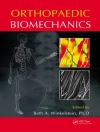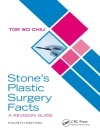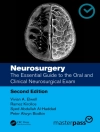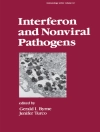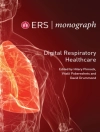Facilitating the collaboration between the basic, translational, and clinical sciences, this book provides an overview of the genetic and epigenetic mechanisms underlying the formation and progression of gynecological cancers. Gynecological Cancers: Genetic and Epigenetic Targets and Drug Development gathers all of the molecular and cellular aspects of gynecological cancer together within one volume, providing detailed and up-to-date information on the etiology, diagnosis, and treatment of gynecological cancers.
Gynecological Cancers: Genetic and Epigenetic Targets and Drug Development also discusses the racial and ethnic disparities in the treatment of gynecological cancers through cost effective modalities like single visit screening and diagnosis, well women clinics, and mobile clinics. Written and edited by leaders in the field, this volume within the Current Clinical Oncology series is an indispensable resource for today’s practicing oncologist.
Inhaltsverzeichnis
I. Epigenetic Mechanisms in Gynecological Cancers.- 1.Epigenetic Mechanisms in Gynecological Cancer.- 2.Pharmacoepigenomics and Pharmacovigilance in Gynecological Cancers.- II. Current Standard of Care for the Treatment of Gynecological Tumors.- 3.Advances in Cervical Cancer and Ongoing Clinical Trials.- 4.Advances in Ovarian Cancer and Ongoing Clinical Trials.- 5.Novel Methods for Prevention and Early Diagnosis of Ovarian and Endometrial Cancers.- III. Gynecological Cancers: New Therapies, Drug Development, and Challenges.- 6.Developmental Therapeutics for Gynecologic Cancers: An Overview.- IV. Fertility Preservation in the Setting of Malignant Disease.- 7.Preservation of Fertility in Gynecological Malignancies.- V. Racial/Ethnic Disparities in Gynecological Cancer Screening, Treatment and Survival.- 8.Racial/Ethnic Disparities in Gynecological Cancer Screening, Treatment and Survival.
Über den Autor
Antonio Giordano, MD, Ph D
Professor
Temple University
Sbarro Institute for Cancer Research and Molecular Medicine and Center of Biotechnology
Department of Biology
Philadelphia, PA, USA
Marcella Macaluso, Ph D
Associate Professor
Temple University
Sbarro Institute for Cancer Research and Molecular Medicine and Center of Biotechnology
Department of Biology
Philadelphia, PA, USA


